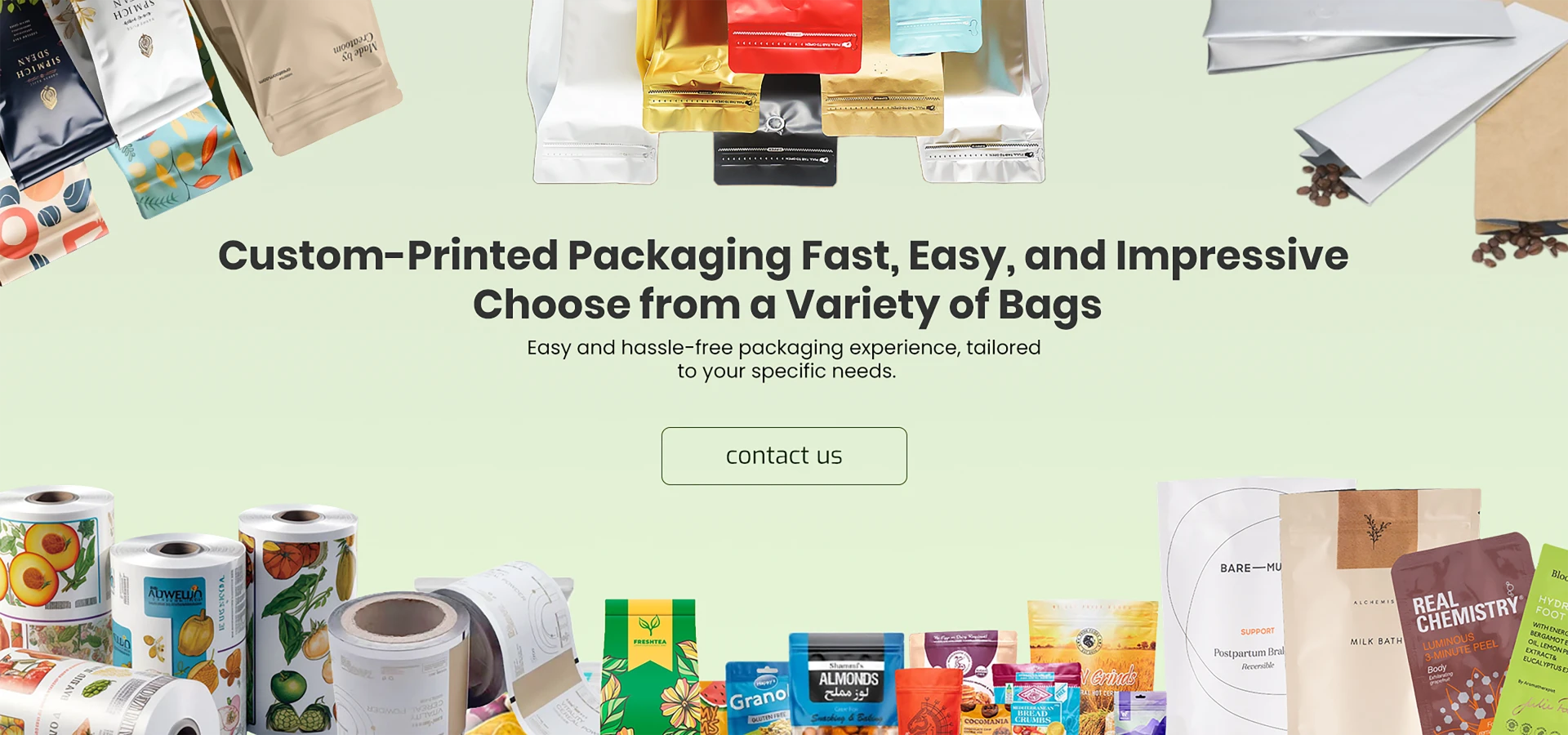- Afrikaans
- Albanian
- Amharic
- Arabic
- Armenian
- Azerbaijani
- Basque
- Belarusian
- Bengali
- Bosnian
- Bulgarian
- Catalan
- Cebuano
- chinese_simplified
- chinese_traditional
- Corsican
- Croatian
- Czech
- Danish
- Dutch
- English
- Esperanto
- Estonian
- Finnish
- French
- Frisian
- Galician
- Georgian
- German
- Greek
- Gujarati
- haitian_creole
- hausa
- hawaiian
- Hebrew
- Hindi
- Miao
- Hungarian
- Icelandic
- igbo
- Indonesian
- irish
- Italian
- Japanese
- Javanese
- Kannada
- kazakh
- Khmer
- Rwandese
- Korean
- Kurdish
- Kyrgyz
- Lao
- Latin
- Latvian
- Lithuanian
- Luxembourgish
- Macedonian
- Malgashi
- Malay
- Malayalam
- Maltese
- Maori
- Marathi
- Mongolian
- Myanmar
- Nepali
- Norwegian
- Norwegian
- Occitan
- Pashto
- Persian
- Polish
- Portuguese
- Punjabi
- Romanian
- Russian
- Samoan
- scottish-gaelic
- Serbian
- Sesotho
- Shona
- Sindhi
- Sinhala
- Slovak
- Slovenian
- Somali
- Spanish
- Sundanese
- Swahili
- Swedish
- Tagalog
- Tajik
- Tamil
- Tatar
- Telugu
- Thai
- Turkish
- Turkmen
- Ukrainian
- Urdu
- Uighur
- Uzbek
- Vietnamese
- Welsh
- Bantu
- Yiddish
- Yoruba
- Zulu
Innovative Sustainable Solutions in Molded Pulp Packaging for Eco-Friendly Products
The Rise of Molded Pulp Packaging A Sustainable Solution for a Greener Future
As the world grapples with the repercussions of plastic pollution and environmental degradation, industries are actively seeking eco-friendly alternatives to traditional packaging materials. One such solution that has gained significant traction in recent years is molded pulp packaging. This innovative packaging option not only meets the demand for sustainability but also offers numerous advantages for manufacturers and consumers alike.
Molded pulp packaging is crafted from recycled paper and cardboard materials, which are soaked in water, pulped, and then shaped into various forms using molds. This process results in biodegradable, compostable, and recyclable packaging solutions that come in various shapes and sizes, making them suitable for an array of products, from fragile electronics to food items. The versatility of molded pulp packaging has captured the attention of numerous industries looking to reduce their carbon footprint and embrace sustainable practices.
One of the most significant benefits of molded pulp packaging is its environmental impact. Traditional plastic packaging contributes significantly to global waste, as it can take hundreds of years to decompose, harming wildlife and ecosystems along the way. In contrast, molded pulp is derived from renewable resources and can break down naturally in a relatively short period, minimizing its ecological footprint. This inherent sustainability is a key driver behind the increasing adoption of molded pulp packaging across various sectors.
Moreover, molded pulp packaging offers excellent protective qualities, making it an ideal choice for transporting fragile items
. Its shock-absorbing properties help safeguard products during transit, reducing the likelihood of damage and the associated costs of returns and replacements. The durability of molded pulp ensures that it can withstand varying conditions, making it suitable for both domestic and international shipping.molded pulp packaging

From a consumer perspective, molded pulp packaging presents a compelling case. With the rising awareness of environmental issues, more consumers are actively seeking products packaged in sustainable materials. By opting for molded pulp, brands can enhance their market appeal and align themselves with eco-conscious consumers. This shift not only fosters brand loyalty but can also translate into increased sales, as consumers are more likely to support businesses that prioritize sustainability.
Furthermore, the production process of molded pulp packaging is relatively efficient and cost-effective. As it primarily utilizes recycled materials, manufacturers benefit from reduced raw material costs while contributing to a circular economy. The process also requires less energy compared to plastic production, making it a more environmentally friendly manufacturing option. As technologies continue to improve, the efficiency and quality of molded pulp products have dramatically increased, enabling producers to meet higher demands without sacrificing sustainability.
Despite its many advantages, molded pulp packaging does face some challenges in widespread adoption. One of the primary limitations is the perception of quality in comparison to plastic packaging. Some businesses may hesitate to switch to molded pulp due to concerns about durability or shelf-life. However, ongoing innovations and improvements in material science are addressing these concerns, ensuring that molded pulp can compete effectively with traditional packaging solutions.
Additionally, the initial investment in equipment and molds for molded pulp production can be a barrier for some companies. However, as demand for sustainable packaging grows, more manufacturers are likely to enter the market, further driving down costs and increasing accessibility for businesses of all sizes.
In conclusion, molded pulp packaging represents a sustainable and innovative alternative to conventional packaging materials. With its biodegradable nature, protective properties, and alignment with consumer preferences, it is poised to redefine packaging standards across various industries. As we move towards a more sustainable future, embracing molded pulp packaging could play a pivotal role in addressing the environmental challenges we face today, making it a smart choice for businesses aiming to balance profit with responsibility. The shift towards molded pulp could not only revolutionize packaging but also contribute to a healthier planet for future generations.













